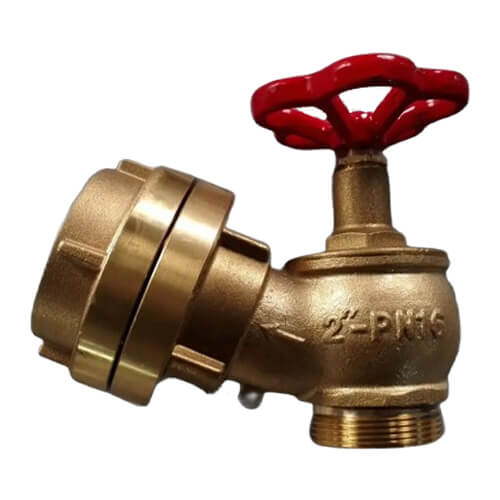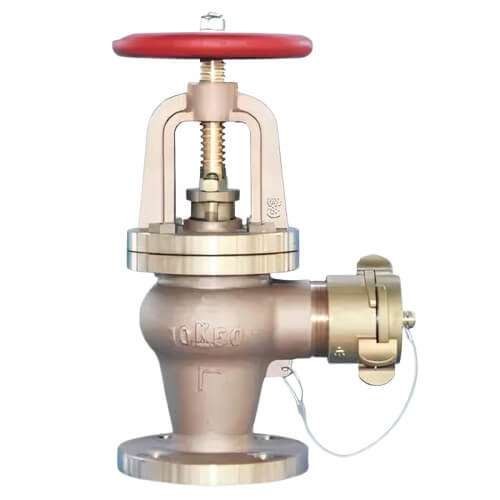In marine applications, bronze valves are generally considered superior to brass valves due to their enhanced corrosion resistance and durability in harsh, saltwater environments.
Key Reasons Why Bronze Valves Are Better for Marine Use
1. Superior Corrosion Resistance
Marine environments are notoriously corrosive due to constant exposure to saltwater. Bronze valves are highly resistant to saltwater corrosion, oxidation, and pitting, which significantly extends their lifespan. This is because bronze is made from copper and tin, a combination that naturally withstands corrosion.
Brass valves, on the other hand, contain zinc, making them vulnerable to dezincification. This process occurs when zinc is leached from the alloy, leaving behind porous, weakened copper that can easily fracture under pressure.

2. Increased Strength and Durability
Bronze valves are known for their mechanical strength and toughness, making them ideal for high-pressure and high-temperature applications on ships. Their ability to withstand intense conditions ensures they operate reliably over time.
In contrast, brass valves are softer and more prone to bending or cracking under high pressure, making them less reliable for critical systems such as engine cooling or ballast water systems.
3. Dezincification and Material Integrity
One of the biggest risks of using brass in marine environments is dezincification, which can cause valve failure and leaks. Bronze valves are not affected by this issue, making them a safer, more durable option for essential systems.
Brass valves may be suitable for freshwater lines or non-pressurized applications, but for saltwater pipelines or engine cooling systems, bronze is the preferred choice.
4. Longevity and Cost Efficiency
Although bronze valves may have a higher upfront cost, their extended lifespan and low maintenance requirements make them cost-effective in the long run. Fewer replacements and reduced maintenance downtime contribute to significant operational savings.
Brass valves, while cheaper initially, may require frequent replacement due to corrosion, leading to higher costs over time.

Post time: Jan-09-2025
